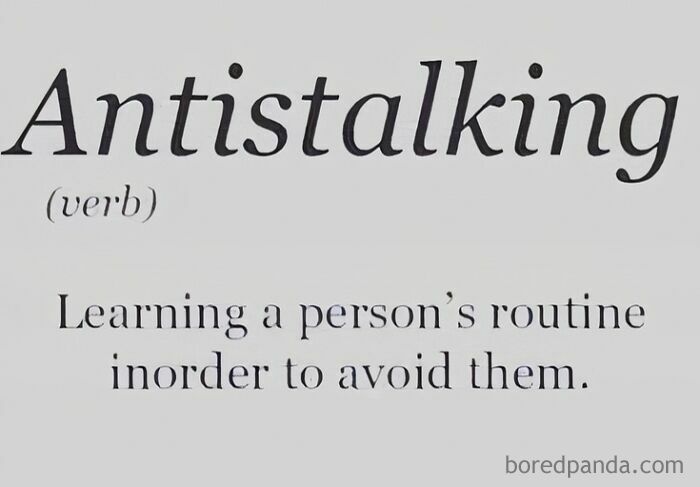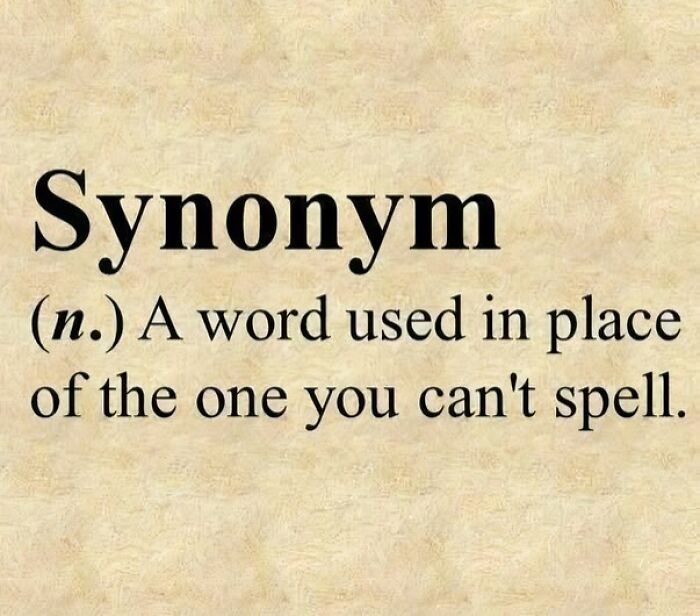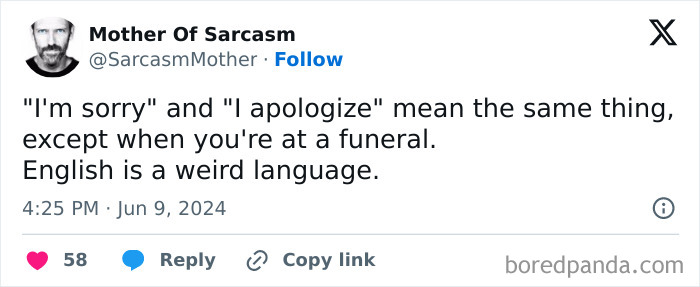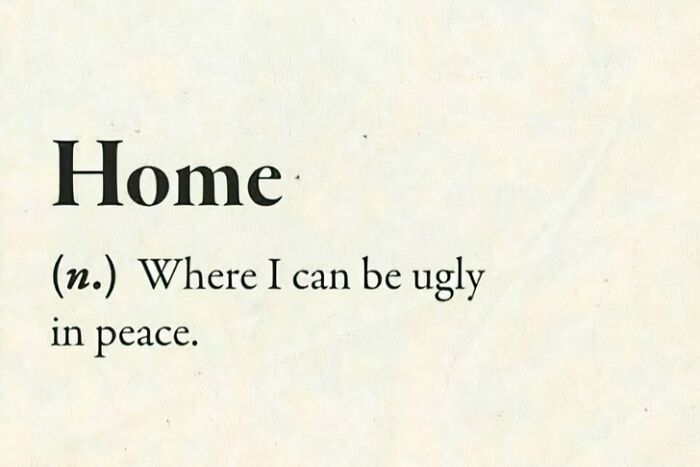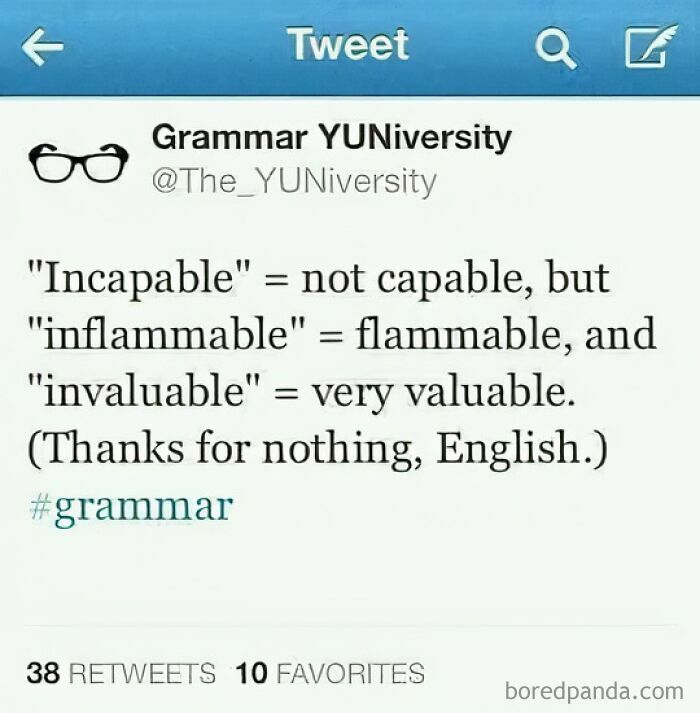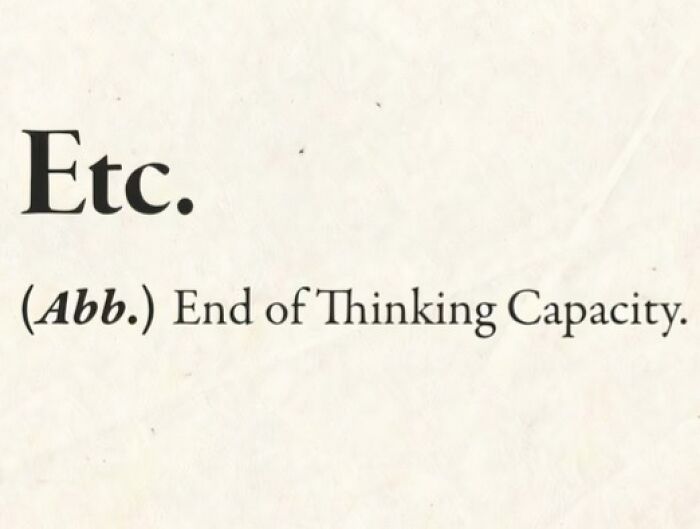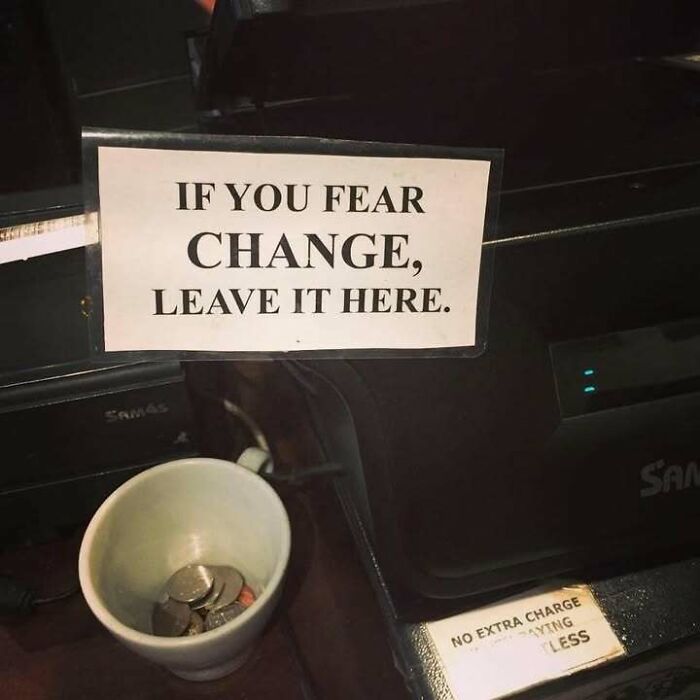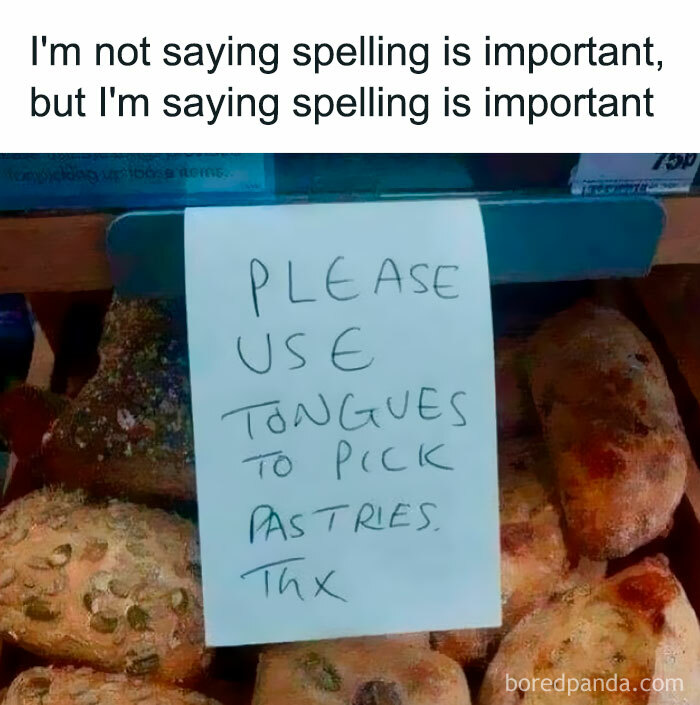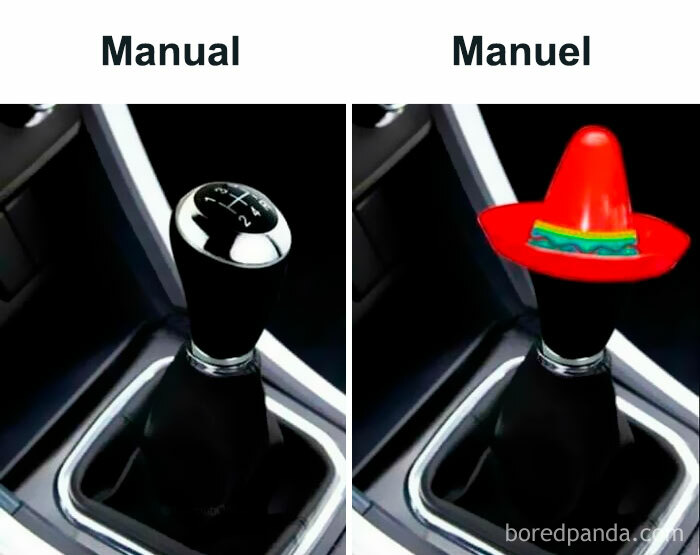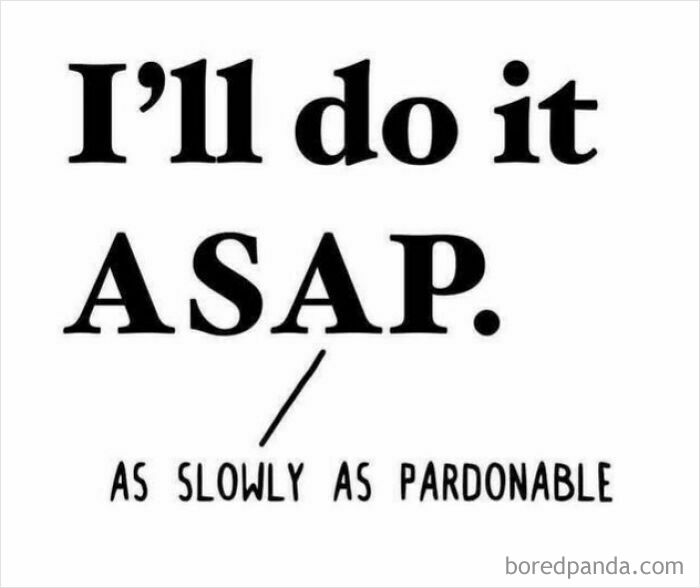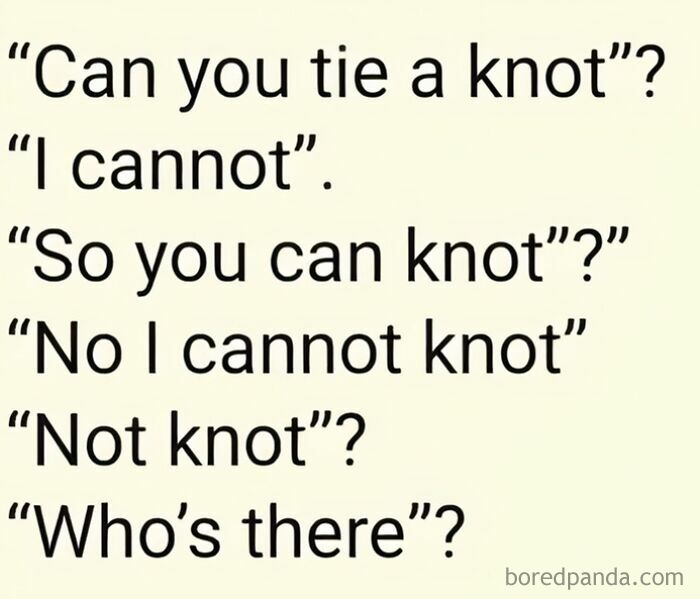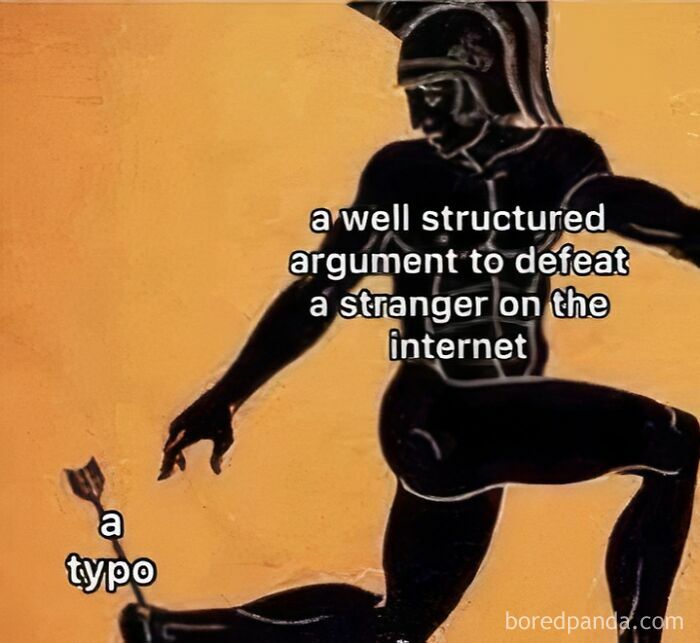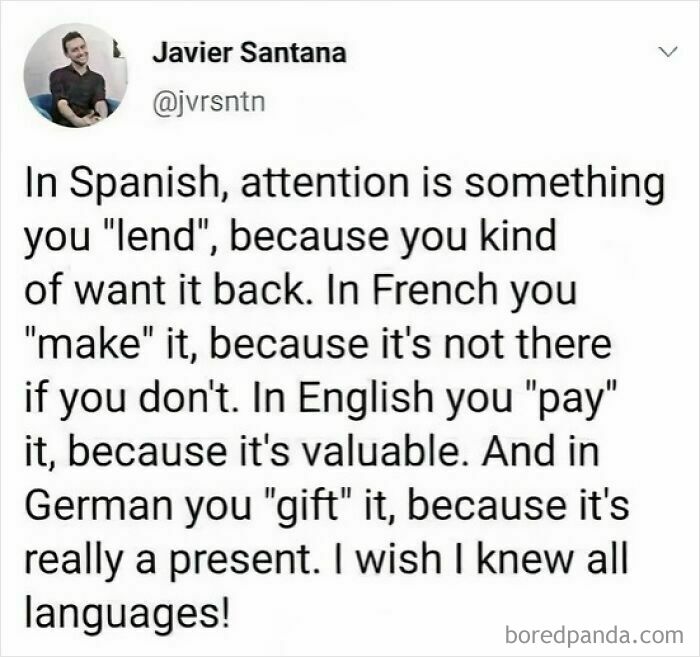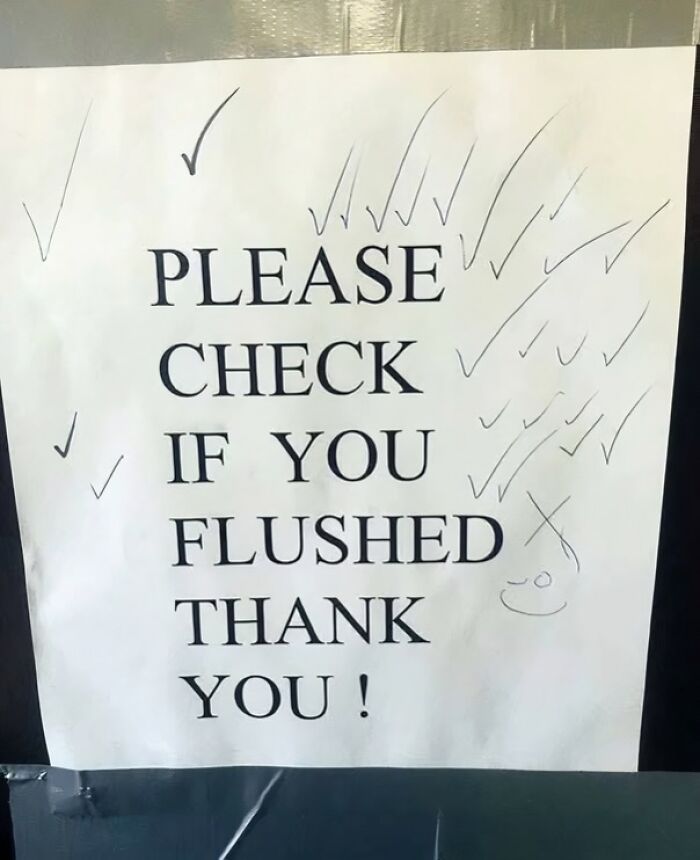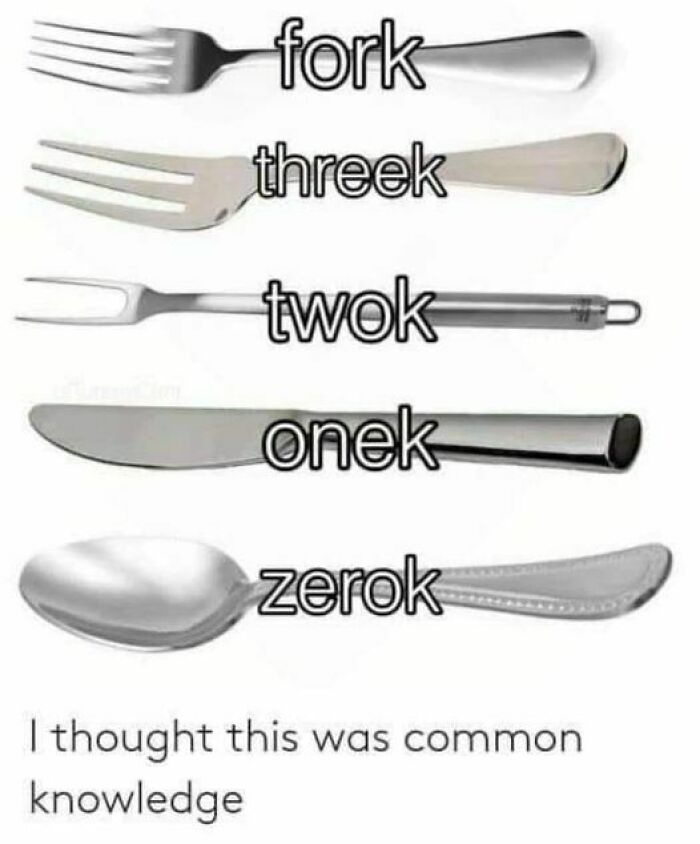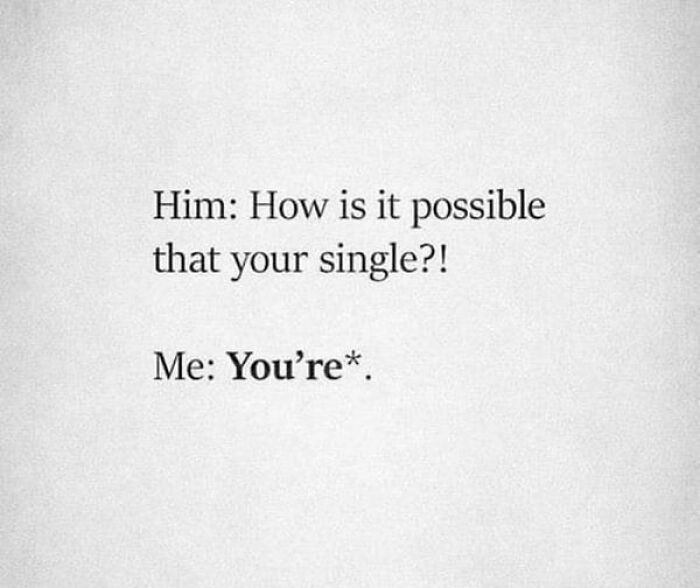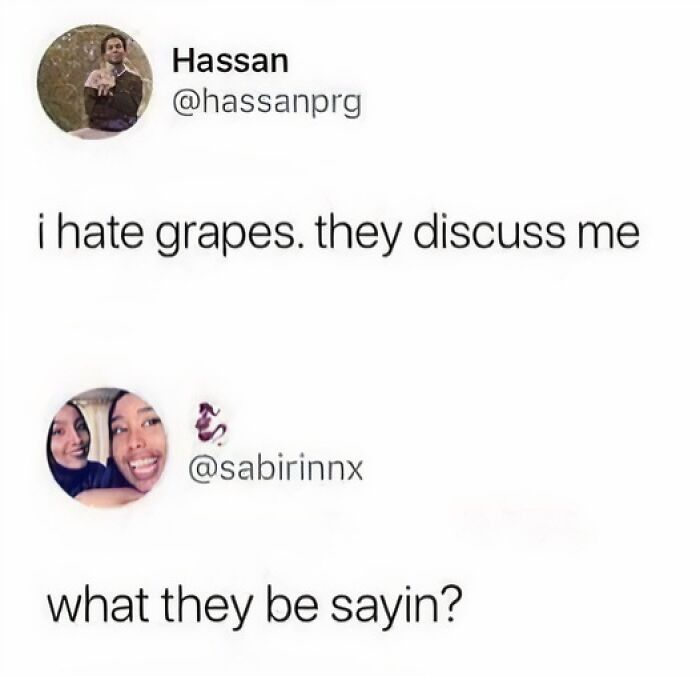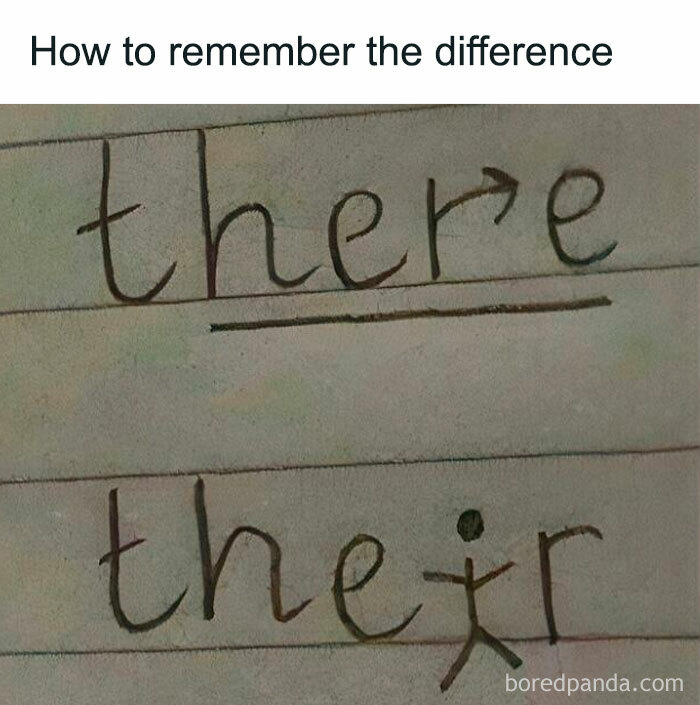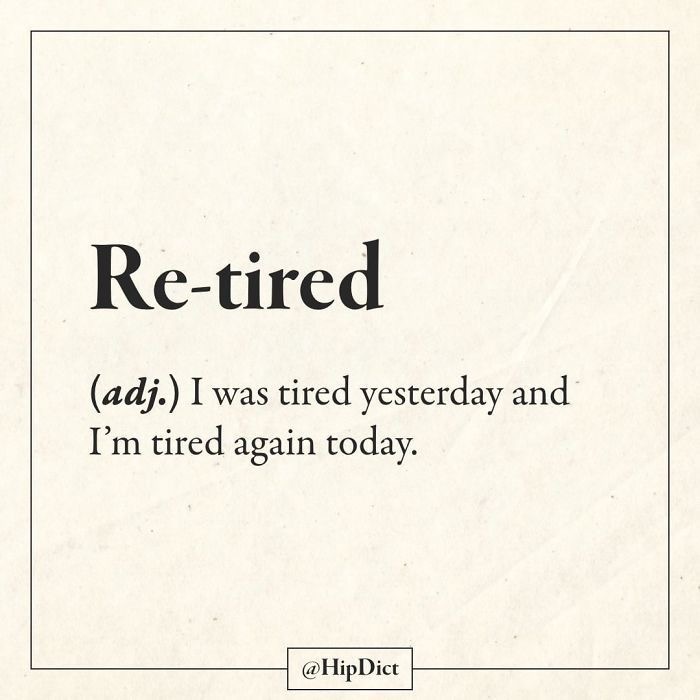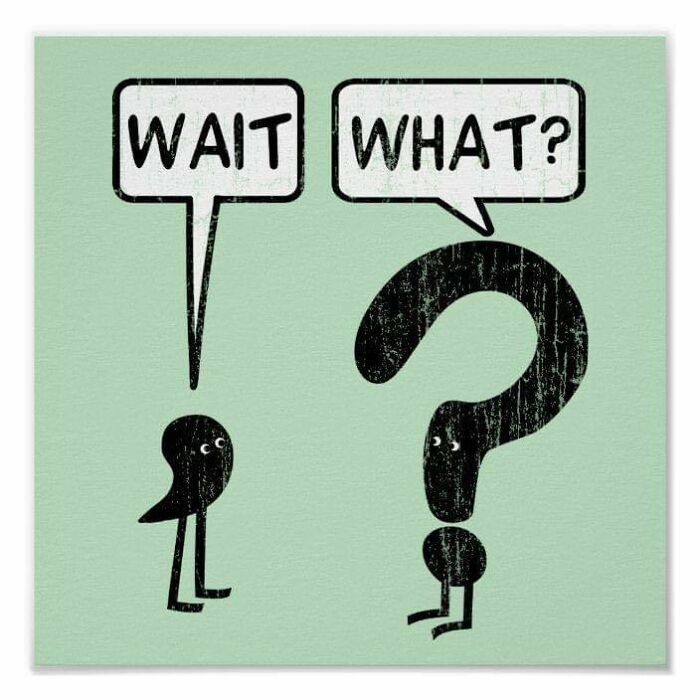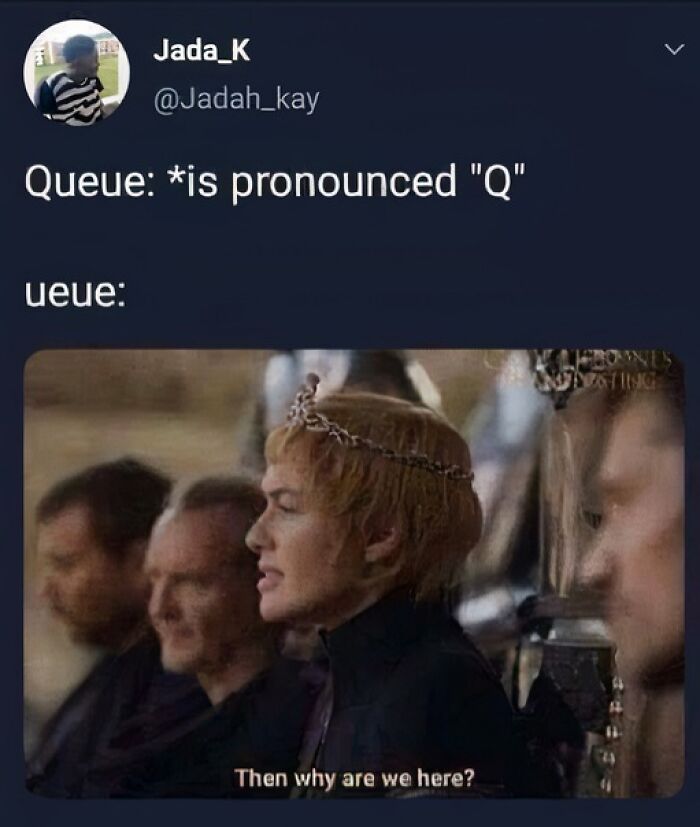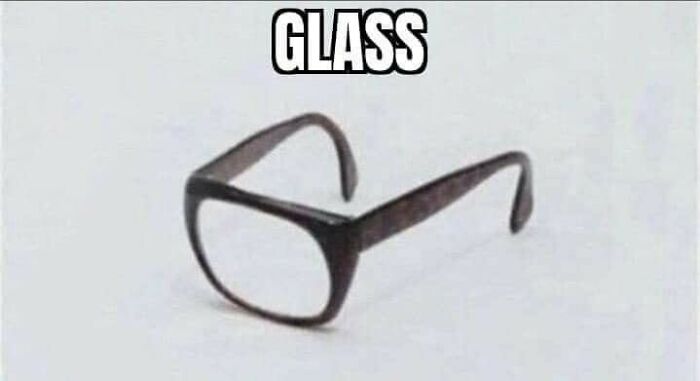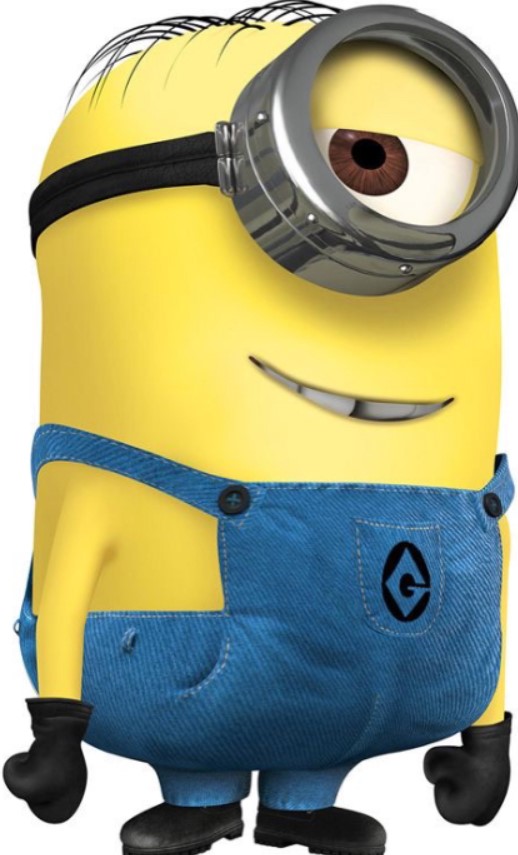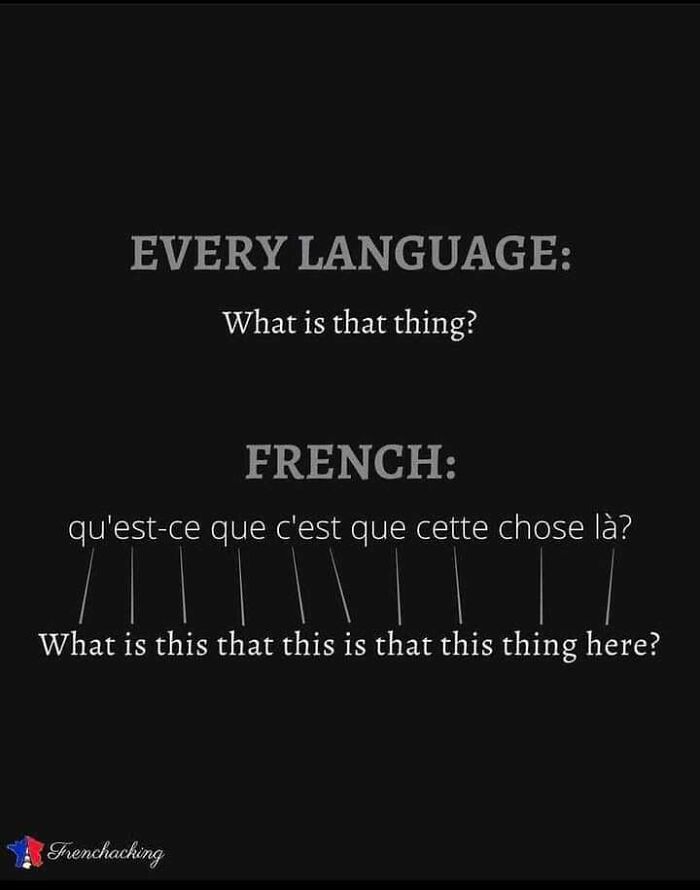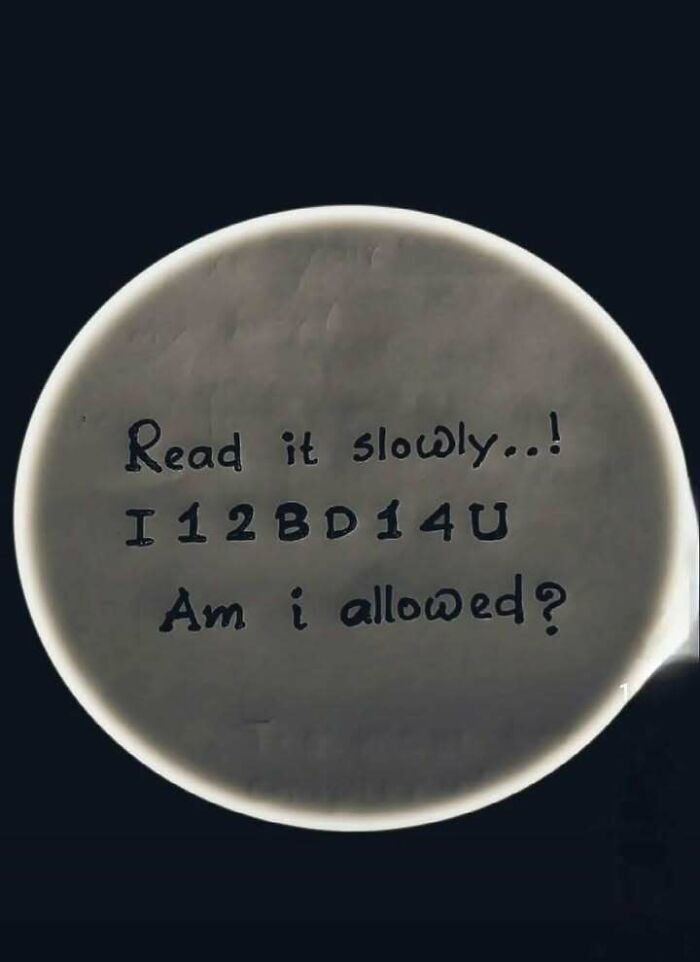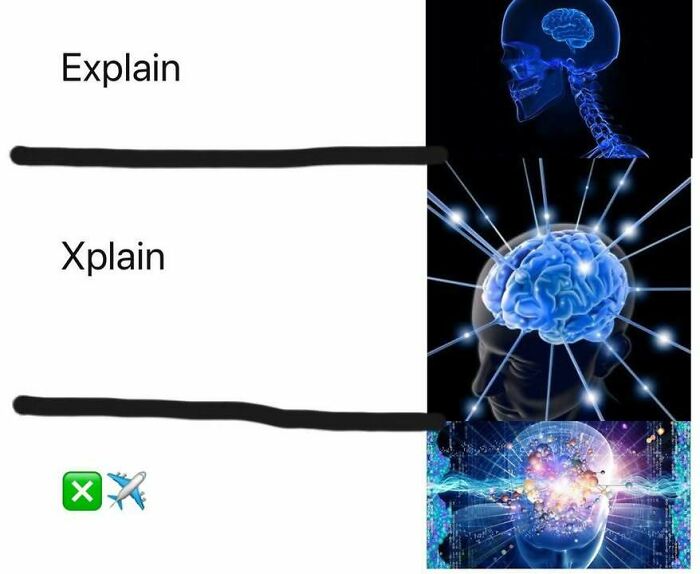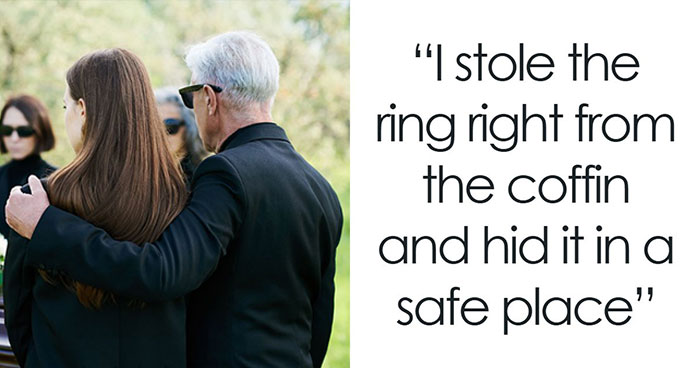Anyone who has tried learning a second language has no doubt come to the independent realization that the way humans communicate can be pretty chaotic and absurd at times. Why do some languages insist that chairs have genders, while others have no qualms about stringing together multiple nouns into one long monstrosity?
“The Lingwist” is a Facebook page dedicated to interesting and downright hilarious linguistics memes. So get comfortable as you scroll through, upvote your favorites and be sure to add your own language-based memes and ideas in the comments section below.
More info: Facebook
This post may include affiliate links.
While English doesn’t assign random genders to nouns, many languages across the globe do. If you have ever attempted to learn French or Spanish as a native English speaker, you will quickly ask questions like “why do I need to know if a table is a girl?” This is a very reasonable question and you often won’t hear a reasonable answer.
Often, there is no logic behind it, besides the form the word happens to take. Most languages differentiate a noun’s gender with a suffix, and often have some other rules about pronunciation as well. Native speakers tend to not even notice how unintuitive this can be until it’s pointed out, these days, often in a meme.
As my drill instructor would say if someone said "I'm sorry" *ahem* "I know you are! I didn't ask for a character reference!"
In the US, we still tend to hang on to the "en" on a word, like eaten, gotten, bitten, etc. But I'm noticing more and more people are cutting off the "en". "I was bit by the dog" instead of "I was bitten by the dog" or "He hasn't got it yet" instead of "He hasn't gotten it yet" (and we're seeing "got" used in place of "have", that is, "Does he got it?" instead, of "Does he have it?") What this means is we're pretty much in the middle of a subtle language change and no one seems to realize it. Think about this today, because in 40 or 50 years from now, I doubt anyone will hear the words "bitten, gotten, eaten," etc. It's sort of spooky, like being back in time when people quit saying words like "Zounds!" and "flivver".
I used to say "data" until Star Trek The Next Generation came out. Now I say "data".
Technically, it is not an acronym, it is just initialism. A true acronym has a pronunciation, like NASA, JAMA or LOL. Abbreviations like USA, FBI and WTF are just initials or alphabetism.
And not just for those willing to pay for premium
Load More Replies...And not just for those willing to pay for premium
Load More Replies...
 Dark Mode
Dark Mode 

 No fees, cancel anytime
No fees, cancel anytime 





